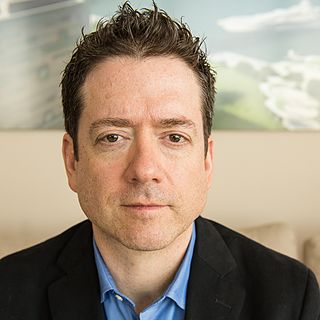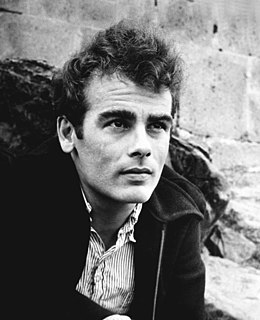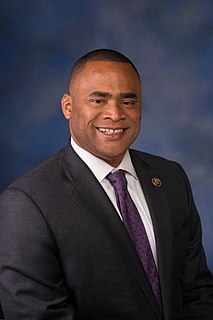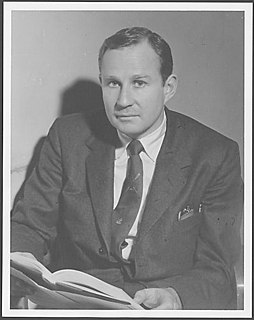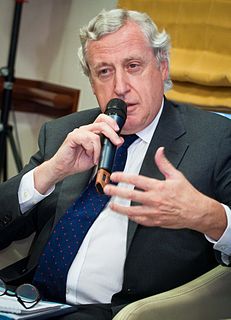A Quote by Barack Obama
I didn't have a perfect model, but I wanted to try to blend my own personal reflections and experiences with this broader canvas to see how a lot of the narratives we have about economy and foreign policy got stuck. Because we have these categories of liberal, conservative, free marketer, open government - all these stereotypes about our politics and the categories we try to put things in are inadequate to this sort of complex, ambiguous, sometimes contradictory experience we have as ordinary people and that I have as an elected official.
Quote Topics
About
Ambiguous
Because
Blend
Broader
Canvas
Categories
Complex
Conservative
Contradictory
Economy
Elected
Experience
Experiences
Foreign
Foreign Policy
Free
Free Market
Got
Government
How
Inadequate
Liberal
Lot
Marketer
Model
My Own
Narratives
Official
Open
Ordinary
Ordinary People
Our
Own
People
Perfect
Personal
Policy
Politics
Put
See
Sometimes
Sort
Stereotypes
Stuck
Things
Try
Wanted
Related Quotes
I read a ton of nonfiction. I tend to read about a lot of very extreme situations, life-or-death situations. I'm very interested in books about Arctic exploration or about doomed Apollo missions. I tend to read a lot of nonfiction that's sort of hyperbolic and visceral. And then I kind of draw on my own personal experiences and my own sort of generic life experience, and I kind of try to feed my day-to-day reality that I have with sort of high stakes reference points that I read about. They're things everyone can relate to.
I come from a nation where fantastic fiction has a very low status, unless it fits into some very specific categories or is written by already established authors. I don't by any means try to hide what I write, but the way people think in categories here is pretty extreme: it blots out discussing the actual work on its own terms. That's made me loath to talk about my own work in terms of genre, because once you get a label, it sticks and poof go a slew of potential readers and reviewers because eww, fantasy cooties.
My attempt is to try to broaden the base of the Republican Party, to try to bring in people that can agree and that can disagree on that, because I think the issues that we face about terrorism, about our economy, about the growth of our economy are so important that we have to have the biggest outreach possible.
I always have sort of been someone who has contradictory parts, and I haven't tried to uncomplicate myself. I've sort of let things seem contradictory, and sometimes it really confuses people. I don't know if it's working all the time, but I'd rather do that than try to sell myself as one thing or another.
I just think, realistically, there's a lot of room outside the Trump populist right and the Bernie-Sanders-Elizabeth-Warren populist left. There are a lot of us who believe in open trade, open borders, a dynamic forward-looking economy, not a nostalgic economy, but do want to provide a significant level of social service or sort of economic Milton Friedman foreign policy, Ronald Reagan domestic policy, Franklin Roosevelt. And there's a lot of room in the center.
In terms of feminism, I would just ask young women to keep an open mind about it and try to learn about it before they write it off or believe the negative stereotypes that surround it. Feminism can help you on a personal level, it can offer you an incredible community of brilliant and impassioned people, and can change the way you see the world if you just open yourself up to it. I think that goes for all causes as well.
foreign policy is about trying to project the European model, its values, its principles, to the outside world. But at the moment, the European model is not as fascinating and as attractive as it may have been a few years ago. We have to be aware of this and take it into account when we try to promote our European system.
The culture of the State Department is very negative towards a conservative foreign policy. And the model that we all have, of civil servants as neutral careerists who carry out the policy of the elected president, doesn't work nearly the way it should in the State Department. So that there are many people who want to be good civil servants, who want to try and carry out these policies, but are afraid to do so. And I'm not even counting the very small number of conservatives in the State Department who are genuinely at risk.

